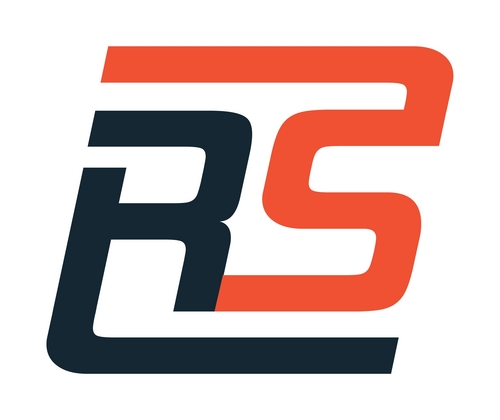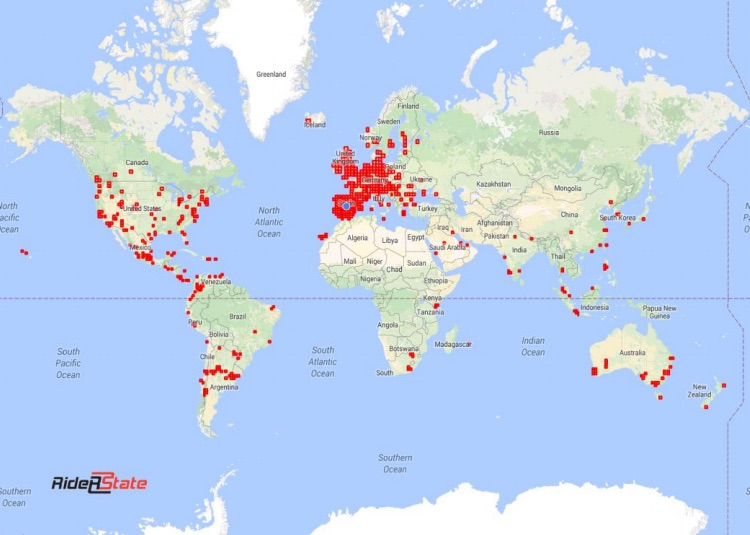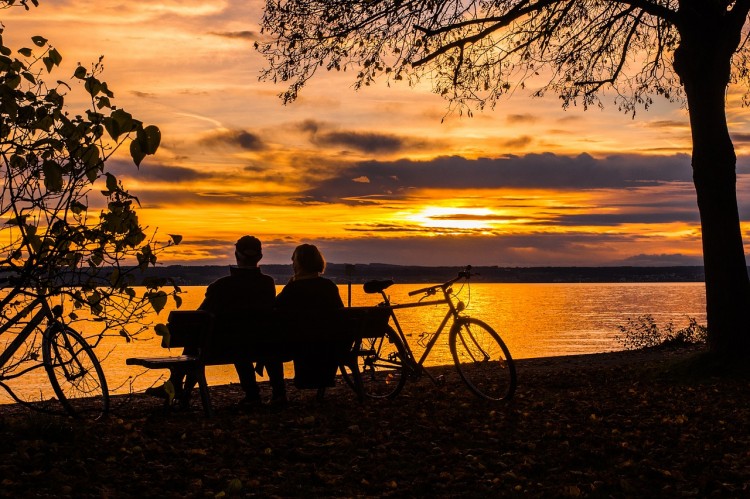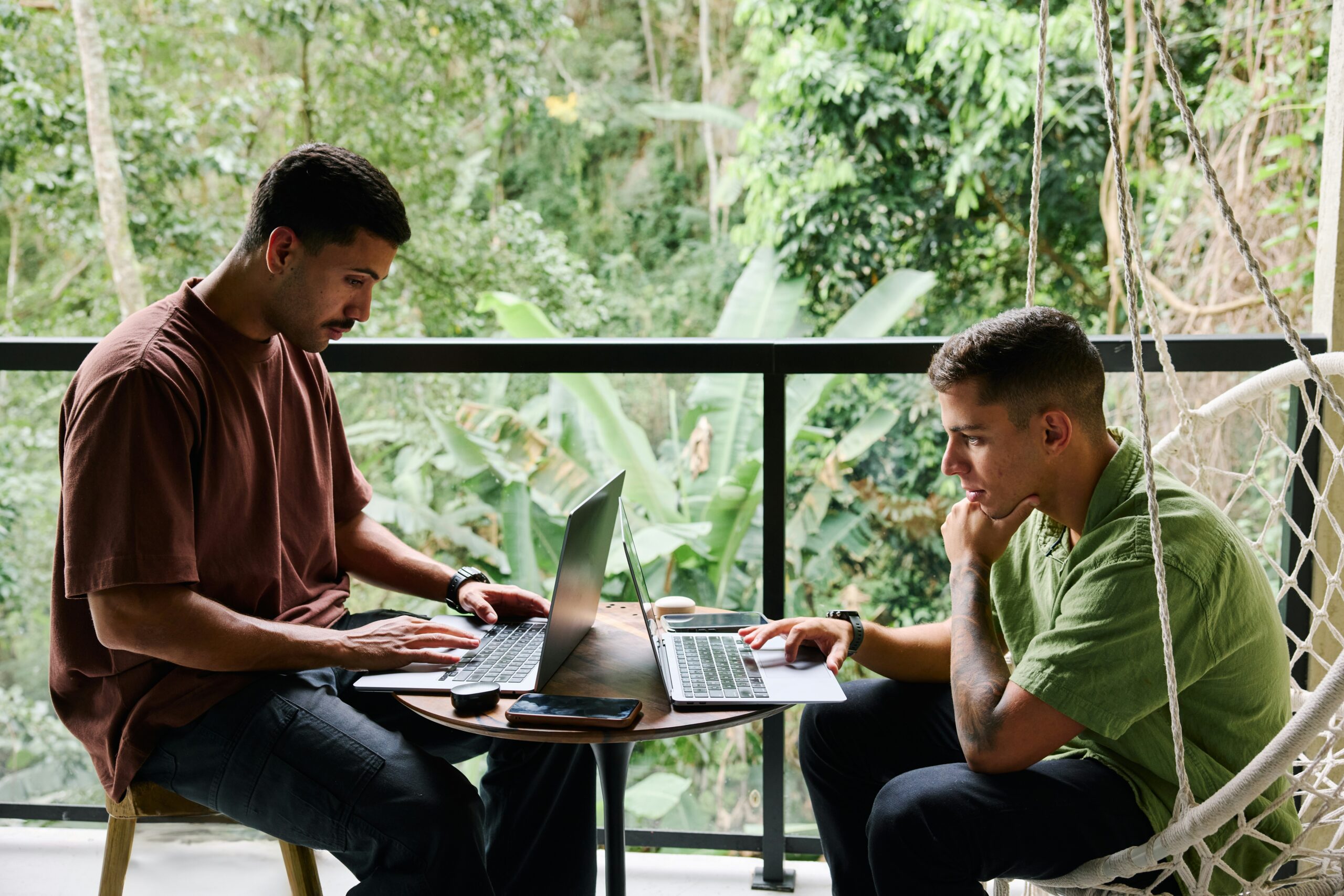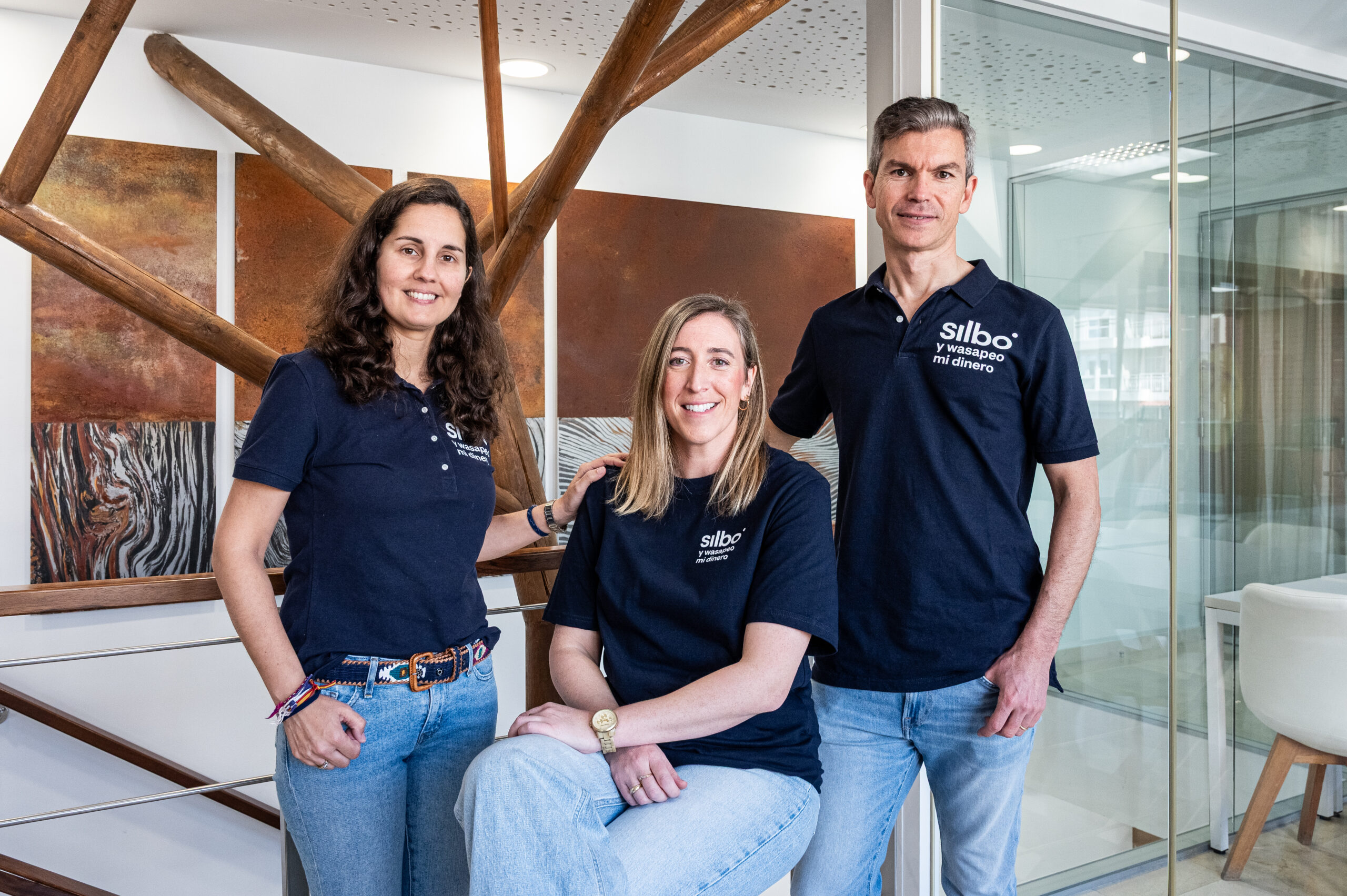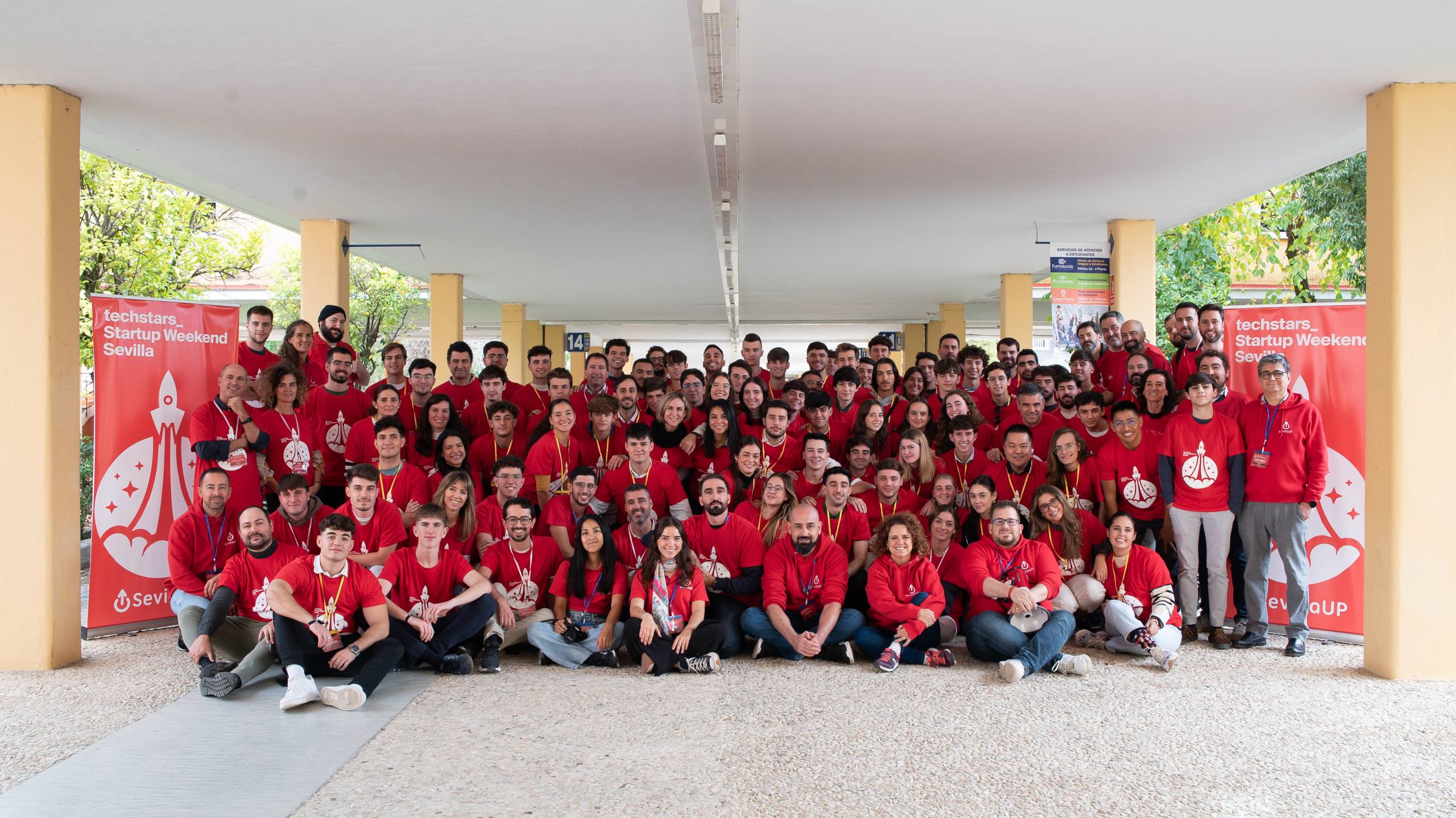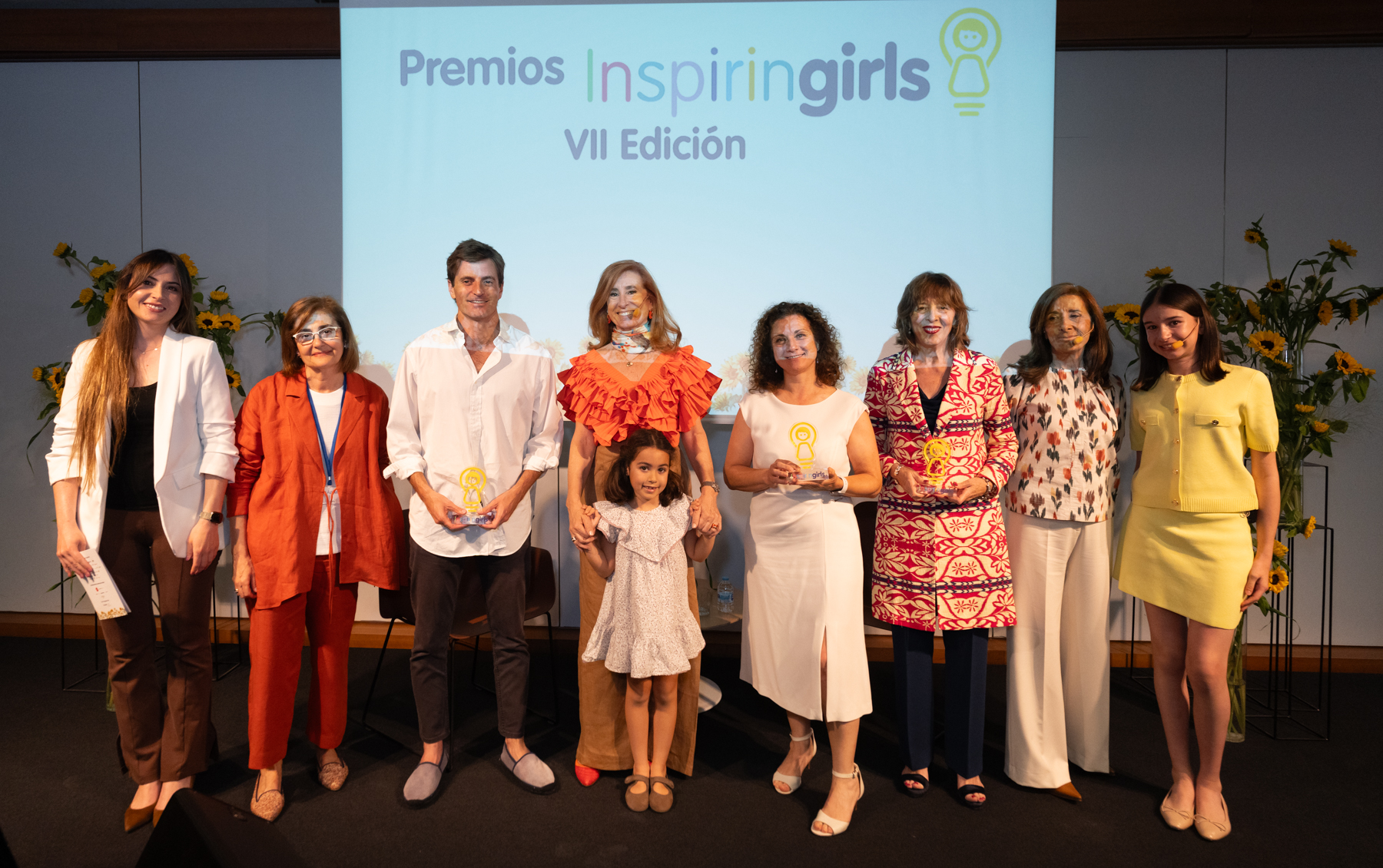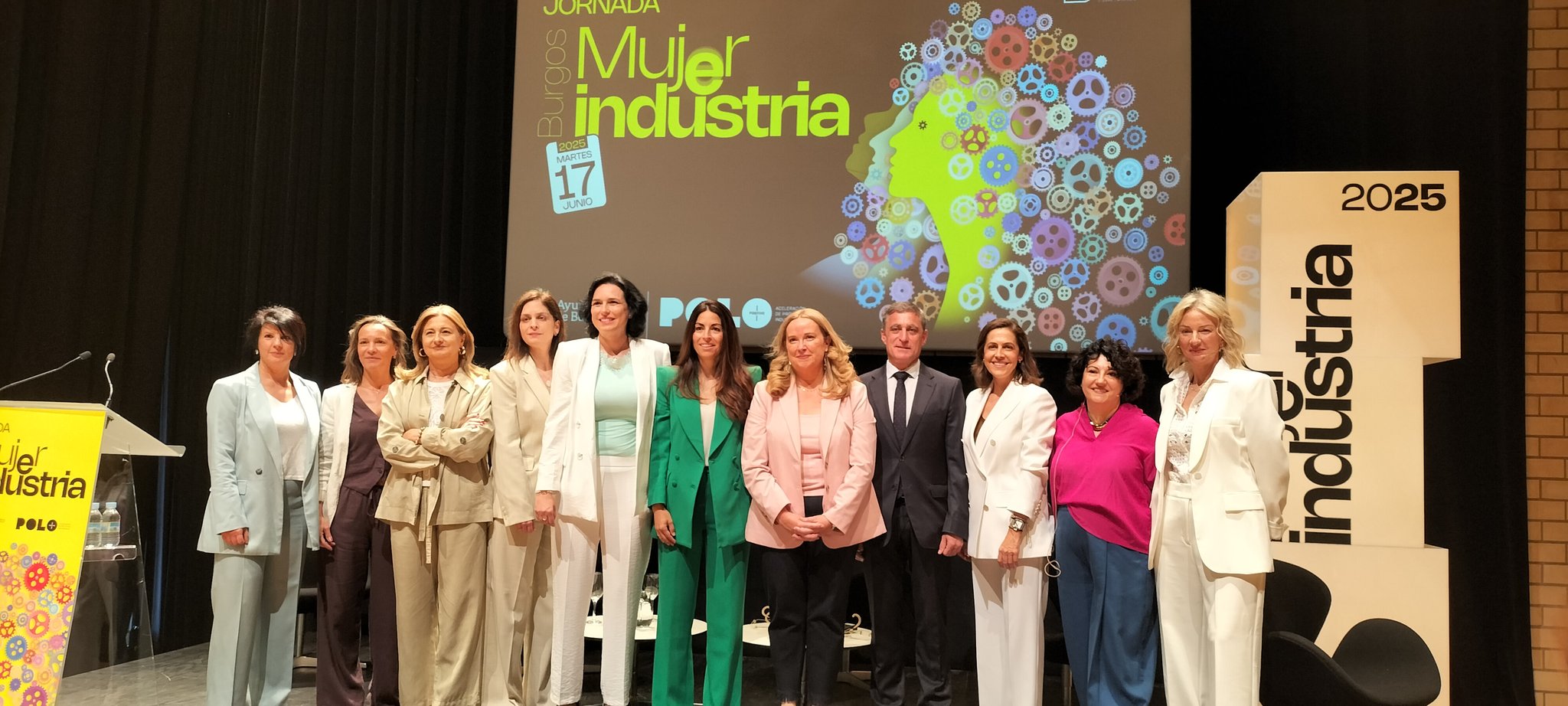This is a guest post by Santi Casado, co-founder and CEO of RiderState, a Madrid-based startup that built a social game for bikers that got shut down in late 2014. In this post, Santi explains the bad decisions they made along the way and what they should have done instead.
Success is totally subjective and, therefore, failure too. I’m probably not saying anything new to most people. However, I do believe that most people are reluctant to accept and acknowledge failure. We prefer to analyze what we’ve done staying on the positive side of things, not realizing that without accepting failure we are doomed to make the same mistakes… again.
Last December, after more than three years of hard work, we decided to shut RiderState down. For those of you not familiar with the app, it was a social game for cycling fans, an app for iOS and Android that allowed cyclists to live an adventure and to try to conquer worldwide territories.
The more they cycled, the more tracks they completed. The more tracks they completed, more territories conquered. More than 6,000 users completed 78,000 tracks in 70 different countries. And we achieved this in only nine months.
We wanted to conquer the Earth and for bicycles to be prominent worldwide. But we failed.
”Do not ask why, just in case you find yourself with the answer”
Obviously, we ran out of money. That was the key reason. But why did we run out of money? The answer to that question hurts even more. We didn’t close RiderState because of a lack of liquidity and there were many other reasons that led us to say goodbye to this adventure.
Entrepreneurial environments
- Time, time, time! It took a long, long time to launch the app. We invested tens of hours to make sure certain things were right, not realizing that the only way to know that was to launch the app, let users try it and talk to them about what they liked. In essence, we didn’t ask our users soon enough.
-
Excessively perfectionists. The idea of launching and trying to have everything in perfect conditions was a mistake that haunted us all the way. We devoted too much time and effort in finding the perfection that was not necessary and that we didn’t end up achieving.
-
Erotic environment. We spent too much time at events, lectures or meeting other entrepreneurs. The entrepreneurial environment is exciting, but it can cause you to lose focus and to not pay enough attention to your roadmap.
This environment, which is necessary and vital for ecosystems to grow, helped us pay attention to many other things that were not as necessary, leaving our users behind.
Ego
- Vision and analytics. We believed in our vision, in the idea. But as in most aspects associated to life, extremes can become harmful. I think that intuition is one more factor to take into account when you’re building a startup, but it had too much weight in the case of RiderState. It took us a long time to put analytics at the level it deserves. And, to make things worse, after implementing and building all of our systems, we didn’t pay attention to the messages that data was sending us.
-
Notoriety is not synonymous with success. Radio, newspapers, websites, a few interviews. More than 100 media publications covered RiderState and what we were trying to achieve. Looking back, I now realize that most of this coverage didn’t help us in any way, and it only made us lose time and money.
Management
- We did a lot, and we did nothing. I made the terrible mistake of trying to cover too many areas at once, not delegating and letting others do what would have been appropriate.
-
”For the first time” as a status message. In many many cases, it was my first time and our first time. Startup, building a business model, managing a team, hiring, accounting, etc. When you do something for the first time, and this becomes the permanent status of your daily work, it is very difficult to make something work.
-
Breathing. Do it every day, every weekend. Did someone mention holidays? This was probably one of my worst mistakes. I didn’t breath, I didn’t look at things from the outside. We worked too much and this forced us to make wrong and hasty decisions.
-
We did a lot, but it was not always meaningful. Closely related to the above. It is important not to be afraid to do things. But it’s just as bad to try to do those very same things without considering all the implications of such actions and by being consistent.
Money
- Liquidity mind. Living at all times with your back against the wall in economic terms not only affected our capacity to make rational decisions, but also our day to day operations. We did not have the mental liquidity the project required.
Business development
-
Lean Startup or common sense. In various phases full of uncertainties, we decided to spend time and money in areas such as development or marketing. I think we went pretty far with RiderState, but we had to spend too many resources to reach that level.
-
Mental barriers. When we realized we could do something big, it was too late. RiderState wanted to conquer the world, but I needed three years to believe that something like that could be achievable.
-
English. My level of English was insufficient, which conditioned the project’s reach and communication with our users and potential customers.
-
Business model. We chose the wrong business model and despite pivoting several times, we didn’t do it in the right direction. We tried to build a model where stores, brands or municipalities would be our clients, instead of the end user (freemium model).
I always thought that RiderState was a project that would require private funding in the beginning. The model was not the right one and we should have focused on growth and retention rather than on monetization.
- We didn’t copy enough. We were not the first ones to build an app for cycling, and the reality is that there are a bunch out there with tons of users and with real business models. We always paid attention to what they were doing, but we should have copied certain aspects of their work and apply them to our case.
-
Assertiveness. We held a lot of meetings, we were always open to new ideas, leads, etc. But it was not always appropriate for the project. Had we said ‘no’ in many of the above situations, we would have had more of what we lacked: time and money.
Photo | blickpixel



